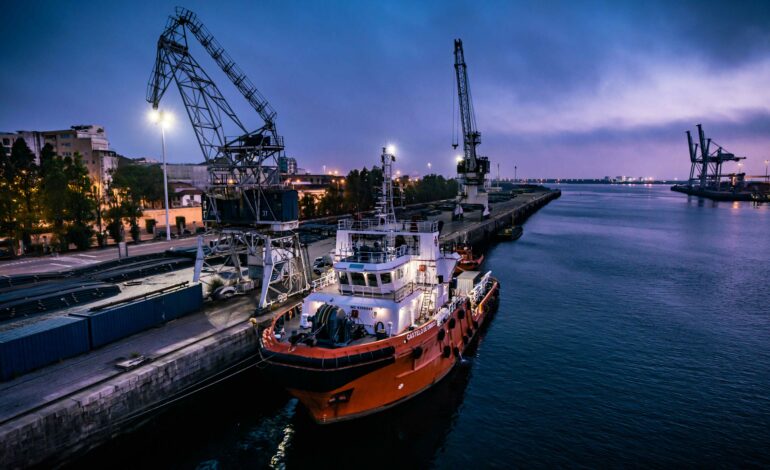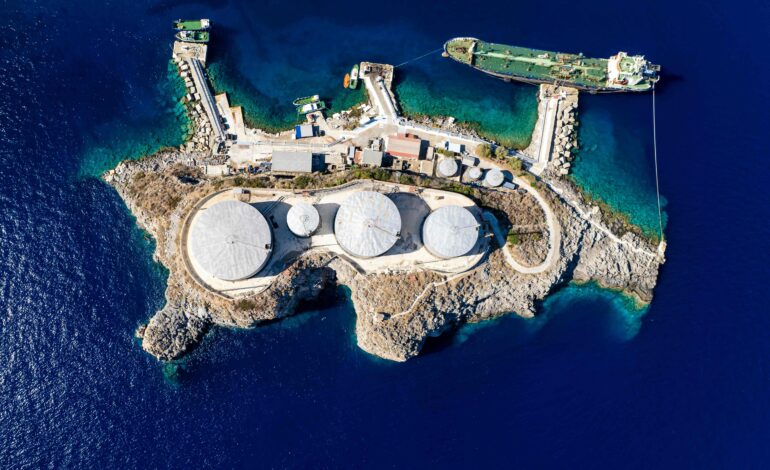
The Future of Hybrid and Electric Marine Vessels
In an era increasingly shaped by environmental awareness and technological advancement, the maritime industry is undergoing a profound shift towards sustainability. At the forefront of this transformation are hybrid and electric marine vessels, offering a future where efficiency, reduced emissions, and economic viability converge seamlessly.
Technological Advancements in Maritime Transportation
Hybrid and electric propulsion systems mark significant strides in maritime technology, providing cleaner alternatives to traditional diesel engines. Hybrid vessels integrate conventional fuel-powered engines with electric propulsion systems, leveraging batteries and generators to optimize efficiency and minimize fuel consumption. Meanwhile, fully electric vessels rely solely on electricity sourced from batteries or renewable sources such as solar and wind power.
Environmental Benefits and Regulatory Imperatives
The widespread adoption of hybrid and electric marine vessels is driven primarily by their environmental benefits. These vessels substantially reduce greenhouse gas emissions, including nitrogen oxide (NOx) and sulfur oxide (SOx), which are major contributors to air pollution and climate change. With stringent international regulations, notably those mandated by the International Maritime Organization (IMO), emphasizing emissions reductions, hybrid and electric propulsion systems offer a credible pathway towards compliance and environmental stewardship.
Operational Efficiency and Financial Advantages
Beyond environmental advantages, hybrid and electric vessels deliver operational efficiencies that translate into cost savings for shipowners and operators. Electric propulsion systems inherently exhibit higher efficiency than traditional engines, resulting in lower fuel consumption and reduced maintenance costs over the vessel’s operational lifespan. Moreover, ongoing advancements in battery technology are extending the range and operational capabilities of electric vessels, making them increasingly suitable across diverse maritime applications.
Technological Innovations and Challenges
The development of hybrid and electric marine vessels is accompanied by ongoing technological innovations aimed at addressing pivotal challenges. These include enhancing battery performance and charging infrastructure, optimizing vessel design for maximum efficiency, and integrating renewable energy sources into maritime operations. Innovations in energy storage, propulsion systems, and materials science are pivotal in advancing the scalability and adoption of electric propulsion across various vessel types and sizes.
Market Trends and Adoption
The adoption of hybrid and electric propulsion systems in the maritime sector is gaining momentum across multiple segments. From passenger ferries and cruise ships to cargo vessels and offshore support vessels, shipbuilders and operators are increasingly investing in eco-friendly technologies to meet regulatory requirements and market demands for sustainable transport solutions. Governments and industry stakeholders are also incentivizing the transition to cleaner technologies through subsidies, grants, and regulatory frameworks that promote emission reductions and sustainability.
Future Outlook
Looking ahead, the future prospects for hybrid and electric marine vessels are optimistic. Continued advancements in technology, coupled with growing environmental consciousness and regulatory pressures, are poised to drive further innovation and adoption. Key areas of focus include expanding infrastructure for electric charging and refueling, enhancing battery efficiency and durability, and integrating smart technologies for real-time monitoring and optimization of vessel performance.
In conclusion, hybrid and electric marine vessels represent a transformative shift towards sustainable shipping practices. As the maritime industry embraces cleaner technologies to mitigate environmental impact and enhance operational efficiency, the future holds promising opportunities for a greener and more resilient global shipping sector. With ongoing technological advancements and concerted efforts towards regulatory compliance and market adoption, hybrid and electric propulsion systems are set to play a pivotal role in shaping the future of maritime transportation worldwide.





